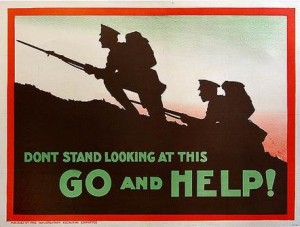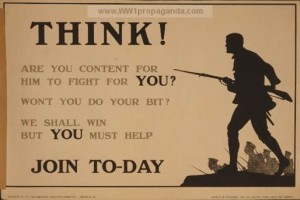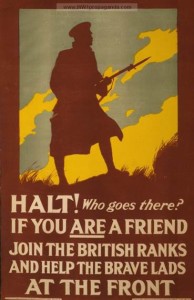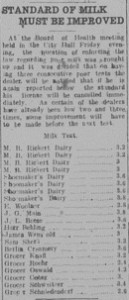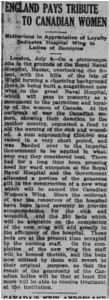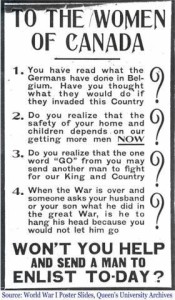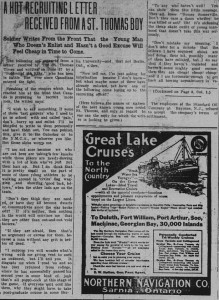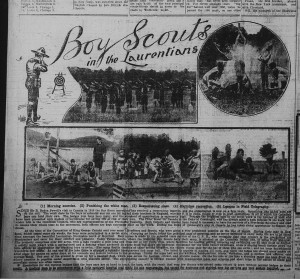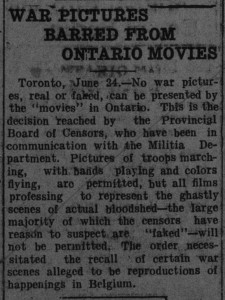 Censorship is a natural part of any war, and during the First World War, efforts were made to sanitize war images, whether they were real or not. This article is a good example of this phenomenon. The Ontario Provincial Board of Censors, in communication with the Militia Department, decided that any images of war, real or fake, that showed “ghastly scenes of actual bloodshed,” would not be permitted. Marching troops with colours flying and bands playing were allowed, but any ghastly images or scenes had to be removed.
Censorship is a natural part of any war, and during the First World War, efforts were made to sanitize war images, whether they were real or not. This article is a good example of this phenomenon. The Ontario Provincial Board of Censors, in communication with the Militia Department, decided that any images of war, real or fake, that showed “ghastly scenes of actual bloodshed,” would not be permitted. Marching troops with colours flying and bands playing were allowed, but any ghastly images or scenes had to be removed.
The removal of these types of images occurred throughout the war; even newsreels and films that were sent to Canada by Britain for propaganda purposes had scenes removed. These included the removal of scenes of Entente soldiers suffering after the Battle of the Somme in the British film Battle of the Somme and in 1918 the less graphic film Heart of the World had some of its battle images removed in fear that it could cause rioting as tensions caused by conscription were rising. Short articles such as this one are but one part of a much larger censorship movement.
“War Pictures Barred from Ontario Movies,” Berlin Daily Telegraph, June 24, 1915.
Jeffery A. Keshen, Propaganda and Censorship During Canada’s Great War (Edmonton: University of Alberta Press, 1996).
